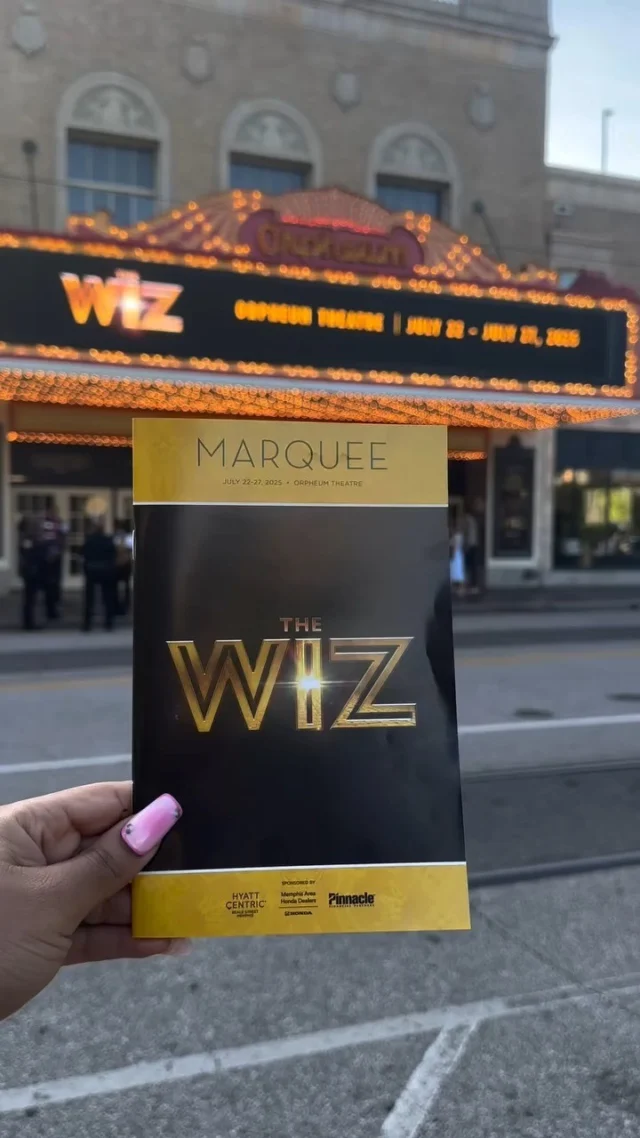Memphis- like all cities, has a history of both highs and lows. We’ve been touched by the best of mankind, but also the worst. The one constant in Memphis, however, is our relentless pursuit of positive change to make our city a better place.
We attract the fearless- those with innovative spirits and the drive to create something special. People who rise above and see a brighter future for themselves and others. And it’s those people- from Tom Lee to Ida B. Wells to Danny Thomas- that’s made Memphis what it is today.
We are the City on the Bluff
Memphis, with its prime position on the Chickasaw bluff, has always been a magnet for people. The land was claimed and populated by the Chickasaw Native Americans who inhabited the space until European Colonists arrived in the area in the 16th century.
Offering protection from Mississippi floods and with a shelf of sandstone perfect for boat landing, the land atop this bluff was perfectly suited for commerce and began Memphis’ business success.
Memphis’ Black History
Following the Jackson Purchase in 1818, West Tennessee was opened for settlement by Europeans and on May 22, 1819 the city was founded by a group of investors that included John Overton and James Winchester. With an economy largely supported by the cotton industry, early Memphis relied heavily on the labor of slaves for its success, and continued this model for its economy until after the Civil War.
Post-Civil War Memphis, which had been a valuable Union (outpost) for most of the war following the capture of the city in the Battle of Memphis, provided an opportunity for Black Memphians to take their share of Memphis’ wealth. Notable businessman Robert Church, Sr. founded the first Black-owned bank in the city, and bought real estate- including land on Beale Street – that he used to create a new cultural epicenter for Black Memphians. Although they experienced great economic strides in the years following the Civil War, Black Memphians once again found themselves disenfranchised in a repopulated Memphis following the Yellow Fever Epidemic. With only small gains in their economic status in the early 20th century, Black Memphians wouldn’t see true change until the Civil Rights movement of the 1960s.
The fight for equality
Following the deaths of sanitation workers Echol Cole and Robert Walker, Memphis sanitation workers officially went on strike in February 1968 to protest the years of discriminatory treatment and demand better working conditions. With support from the Black community, the strikers marched for months and called on Civil Rights leader Martin Luther King, Jr. to join them in their protests.
On April 4, 1968, Dr. King was assassinated on the balcony of the Lorraine Motel. Fearing rioting, Memphis Mayor Henry Loeb, who initially refused to meet with the strikers and employed methods to undermine them, reached a settlement and the strike officially ended on April 16, 1968. The National Civil Rights Museum now stands at the site of the Lorraine Motel.
A new generation of sound
With Beale Street as its home, Memphis’ sound was uncontainable. W.C. Handy wrote the first blues song published in America- Memphis Blues in 1912, Elvis Presley began his recording career at Memphis’ Sun Records, and B.B. King got his start on Beale Street. Memphis’ music has a history that spans decades and genres. In the 1960s, the Memphis Sound, a mixture of blues, R&B, and soul, was created at Stax Records featuring the work of Otis Redding, Isaac Hayes, The Bar-Kays and more.
Unstoppable City
Memphis has always been a city for innovators and groundbreakers- those among us who refuse to accept the status quo, instead pulling us all into change. This is our greatest legacy and a birthright we continue to embrace today. In the city where the first modern supermarket was created, ideas and innovation now ship goods globally in moments; where music found its soul now a new beat is being born; and where a King of civil rights fell now a National Civil Rights Museum prominently stands.
The magic of Memphis is this city’s resilience. Civil Rights struggles, economic downturns, and even widespread illness are part of Memphis’ history, but always, our creativity, innovative spirit, and strong sense of community allow us to overcome the challenges and emerge stronger than ever.
Learn more/get engaged
For more information about the history of Memphis, visit The Memphis and Shelby County Room on the 4th floor of the Benjamin L. Hooks Central Library.





























![The countdown is ON, Memphis! We’re officially 30 days out from the @unitememphis 5K + 1-Mile Walk/Run—and this year, we’re stepping into unity on 901 Day 🙌🏽
📍 Monday, September 1 | National Civil Rights Museum
🕘 Start time: 9:01AM
🎶 Food, music & fun to follow
Whether you’re walking or running, this isn’t just a race—it’s a movement. And there’s no better time to join in than now. 👟✨
🎓 COLLEGE STUDENTS: Be one of the first 100 to register using your .edu email with promo code NEXTGENUNITE and your ticket is just $10 (that’s a $32 savings 👀). Limit 2 per person, so tell a friend!
Let’s walk. Let’s run.
Let’s #UniteMemphis 💛
🔗 [link in bio]](https://wearememphis.com/wp-content/uploads/sb-instagram-feed-images/526805187_18335272954206022_6056852028660485499_nfull.webp)







